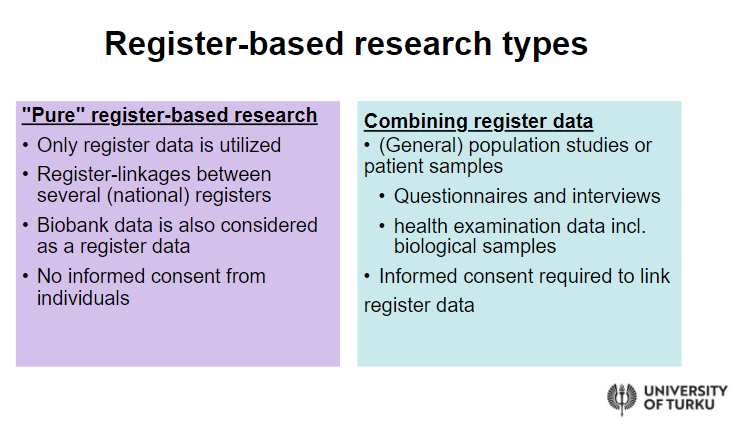
So -we're nearly at the end of our first virtual #RCPsychIC - but there's one more set of split sessions to go! On this thread you can follow the 57th split session of this amazing event, which is about Dual Diagnosis from the public, clinical + academic perspective.
Our first speaker is Caroline Turiff, who has been diagnosed with a range of conditions inc OCD and PTSD, and is an award winning investigative broadcast journalist. #RCPsychIC
I've read 70% of people with drug dependency who have a dual diagnosis so it is the norm for them, she says. #RCPsychIC
I advocate for as many people as possible to get publicly funded treatment but it has been decimated since 2005 when i benefited from it says Caroline. #RCPsychIC
The general population thinks 'having OCD is a bit of a laugh' but one woman i knew would not allow workmen into her house and at one point she had no running water for many months says Caroline -#RCPsychIC
Govt figures i have show the total funding to help children with substance misuse problems is 40% lower in 2021 than it was in 2012/13 - I have put this to the govt and they haven't disputed it, says Caroline. #RCPsychIC
Families are re-mortgaging their homes and maxing out their credit cards to pay for their children to get help for alcohol addiction, another area which has seen huge cuts says Caroline #RCPsychIC
With the lack of publicly funded treatment people have no option but to turn to privately funded services. Some interviewees I've spoken to ended up buying dangerous quantities of drugs online, Caroline Turiff says. #RCPsychIC
Part of the aim of my investigative work is to show it is trauma that causes substance misuse + mental health probs. Drug addicts don't in my view cause their own addiction and the authorities ought to be funding their care. Passionate stuff from Caroline Turiff #RCPsychIC
We're now listening to Dr Musa Sami who is running through studies which show the high rate of people with dual diagnosis, even 20 years ago - 'it was known how much it was affecting our services'. #RCPsychIC
Around a half of suicides in England, Scotland and Wales 2007-2017 (55%) had a history of alcohol misuse and/or drug misuse - clinicians believed availability of dual diagnosis services wd have reduced this number, when asked what could be done Dr Sami #RCPsychIC
NICE guidelines in 2016 did NOT find enough evidence to recommend setting up dual diagnosis services. They said evidence suggested we need to improve existing services, + shd adopt 2 key principles
a. It is everyone's job to help with dual
b. No wrong door
Dr Sami #RCPsychIC
a. It is everyone's job to help with dual
b. No wrong door
Dr Sami #RCPsychIC
Where do we go from here? Good place to start is NICE 2019 Quality Indicators (QS188) says Dr Sami. #RCPsychIC 

What we are doing? Dr Sami has been involved in setting up a dual diagnosis clinical network, to bring together best practice and improve relationships between providers.
#RCPsychIC
#RCPsychIC

And our third speaker in this session about dual diagnosis is Dr Solja Niemelä, Associate Professor of Addiction Medicine at the University of Turku, Finland - and her talk is providing the academic perspective.
#RCPsychIC
#RCPsychIC
We have a massive gap in knowledge and it is a big challenge for us says Dr Niemela - who tells #RCPsychIC about register based cohort studies in the Nordic countries. Some national registers are listed below. 

For psychiatry they've been collating Quality Registers in Finland containing individualised, more detailed data collected during treatment, says Dr Niemela. #RCPsychIC
There are 2 types of register-based data says Dr Niemela. #RCPsych 

Dr Niemela covers the ethical aspects relating to using the data on the registers #RCPsychIC 

Examples which demonstrate the ability to cross reference and learn, including about patients with multiple conditions, Dr Niemela tells #RCPsychIC 



Despite all this data, conducting high quality dual diagnosis research is v challenging and they are a hard to reach population, notes Dr Niemela #RCPsychIC 

And Dr Niemela finishes with an eye on the future in terms of using data to help us understand more about dual diagnosis (so we can design the most appropriate services).
#RCPsychIC
#RCPsychIC

• • •
Missing some Tweet in this thread? You can try to
force a refresh















